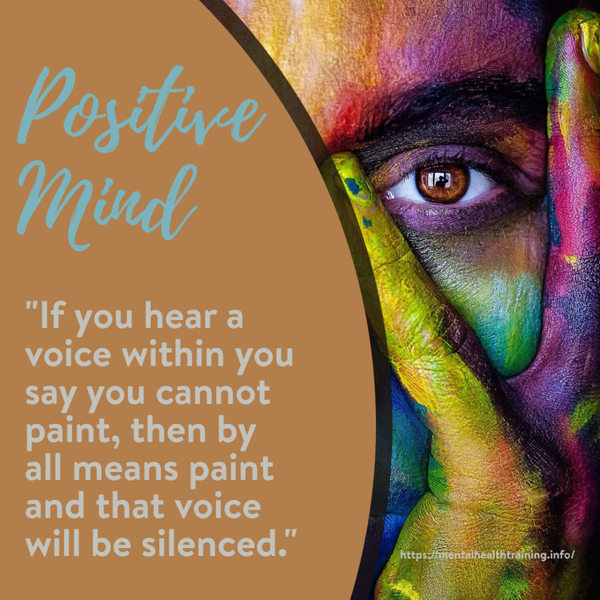
Do you depend upon the negative aspect of your life?
- S3E64
- 06:18
- October 31st 2020
No matter how many things we do well, the brain always seems to focus on the one that doesn't, go to plan.
With a little encouragement, however, it's possible to persuade yourself to see a more rounded picture.
Why does the vulgar name somebody once called you, some time ago, to, seem to stick in your brain, far longer than the nice things people say about you?
Why do your teachers always seem to emphasise, on what you can't do, rather than congratulating you for what you've done well?
If you experience this tendency to remember negatives events more readily than positives, you're not the only one. It's a common human trait.
Perhaps some of the following sound familiar?
Your teacher marks a piece of work, and you dwell on the one mistake corrected, rather than the many positive comments.
You argue with a friend.
You find yourself ruminating over their attitude, you then start to look deeper at other imperfections they may have.
But, you then forget the many positive characteristics that usually make them such a decent person.
When asked how your day was, you immediately recall the one negative offhand event, despite everything having gone brilliantly well otherwise.
You vividly remember embarrassing yourself at the swimming pool years ago, and now try to avoid the activity, even though everybody else has undoubtedly forgotten that, unpleasant incident entirely.
What sticks in mind?
Research suggests humans do, unfortunately, remember those unpleasant or negative events more than the positive ones, and recall slurs more clearly than praise.
Overall, people might have had a great experience - such as a fun and relaxing Summer holiday -However, when talking about it, they often recall, only, the one small negative memory, of the trip, initially, because the train was delayed by a few hours.
Annoyingly, it does seem to be that bad things stick in the memory, while the good stuff becomes harder to remember.
Why does this happen?
Psychologists call this a negative cognitive bias, - humans, tend to notice the things that aren't so good.
It's thought to be a result of evolution.
For thousands of years, our ancestors needed to pay close attention to threats and hazards.
Missing clues about nearby wild animals or imminent adverse weather, for example, would have been a matter of life and death, for them
Hence, the brain developed the ability to recall previous signs of danger quickly.
So, it's merely trying to help us to stay safe by keeping in mind, events from the past that proved to be in some way negative.
Is that a good thing or not?
Mental Health Training
More information in https://mentalhealthtraining.info/